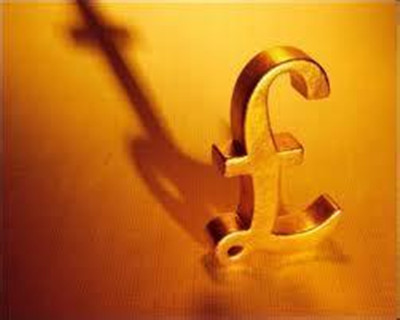企業支出
If they build it
如果他們建造了它
Capital expenditure around the world has been disappointing
世界各地的資本支出一直令人失望
WHEN companies spend money on new plant and equipment, jobs and economic growth are the result. One of the aims of central banks' efforts to suppress interest rates is to encourage more such spending. But the latest survey from Standard & Poor's, a rating agency, indicates that a boom is yet to materialise: in real terms, capital expenditure fell 1% in 2013, and is expected to decline again this year.
當公司把錢花在新工廠和新設備上時,就業和經濟就會上漲。中央銀行努力壓低利率,其中一個目的就是鼓勵更多這樣的支出。但是從標準普爾,一家評級機構,最近的調查顯示,這種繁榮還未成為現實:實際上,在2013年資本支出下降1%,預計今年還將再次下降。
Perhaps surprisingly, capex is falling in emerging markets, generally seen as the engine of the global economy. The emerging markets' share of global capex fell from 34% in 2011 to 27% last year.
新興市場中的資本支出通常本看作是全球經濟的引擎,也許令人驚訝的是,這種資本支出正在下降。新興市場的資本支出占全球資本支出的比例從2011年的34%下降到去年的27%。

The big investors have traditionally been mining and energy firms, accounting for 42% of global capex in 2013. But spending in both industries has slowed sharply and is expected to fall this year. Companies may be losing the leeway to spend: capex has been higher than free cashflow in three of the last five years. In addition, the investment boom of the past decade may mean that the supply of minerals has caught up with demand.
大型投資者通常是礦產和能源公司,2013年這類公司的資本支出占全球資本支出的42%。但在這兩個行業的的支出卻大幅放緩,且預計今年還會下降。公司也許會失去花錢的余地:在過去的5年中,已經有3年的資本支出比自由現金流高 。此外,過去10年間的投資熱潮也許意味著礦產的供給已經趕上需求。
Spending on research and development has been more robust than capex, rising 4.7% in real terms in both 2011 and 2012. But momentum appears to be slowing, despite an improving economy: R&D grew just 2.6% last year.
研發支出比資本支出更加強健,在2011年和2012年都實際增長4.7%。盡管經濟形勢有所好轉,但這一勢頭似乎正在放緩:去年研發支出僅增長2.6%。
Why haven't companies taken advantage of cheap finance and spent more? An obvious reason is that corporate revenue has not been growing very fast. Given that constraint, capex does not look so meagre. For global non-financial companies, the ratio of capex to revenues is close to its highest level in a decade. But that also means companies are unlikely to boost spending by much more. A survey of British firms suggests that uncertainty about demand and the risk of weak returns are the main deterrents for executives deciding whether to increase capex.
為什么沒有公司利用廉價融資而增加支出?一個顯而易見的原因就是企業的收入沒有迅速增長。考慮到這一約束,資本支出看起來并沒有那么貧弱。對于全球非金融企業,資本支出與收入的比率接近10年來的最高水平。但這也意味著公司不太可能更多的刺激消費。對英國公司的調查表明,需求的不確定性和薄弱的風險回報是影響高管決定是否增加資本支出的主要妨礙。
It seems like a chicken-and-egg problem. Without a strong global recovery, companies will not spend more. But if they do not spend more, there will not be a strong recovery.
這似乎是一個“雞生蛋,還是蛋生雞”的問題。沒有強勁的全球經濟復蘇,企業將不會增加支出。但是如果他們不增加支出,就不會產生強勁的全球經濟復蘇。












